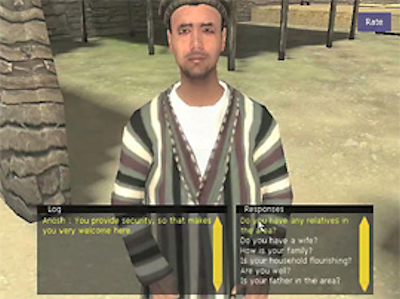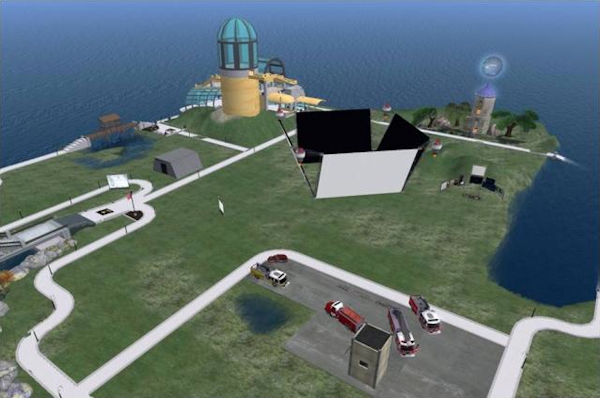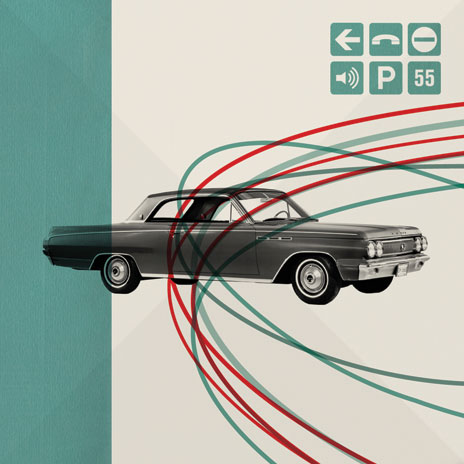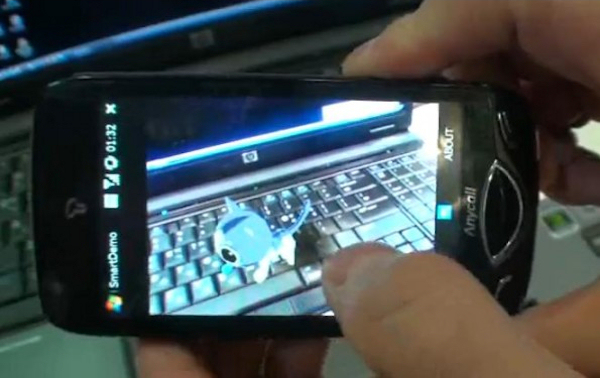Serious Games Institute presents
Second Wednesday Converging Technologies and Hybrid Spaces Season (2009-10)
THE FUTURE OF GAMING NOVEL HUMAN-COMPUTER INTERFACES FOR EDUCATION AND HEALTH
14TH APRIL 2010
Originally scheduled on the 13th January 2010 this is for you to catch world leading speakers from games, virtual worlds, education and health.
They will demonstrate instances of bio-feedback and brain computer interface devices and show how they can be used in educational and health contexts (such as universities and for therapeutic purposes). The event will also include live demos of new human-computer devices. … read more. “Call: Future of Gaming: Novel Human-Computer Interfaces for Eduation and Health”




